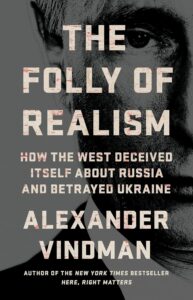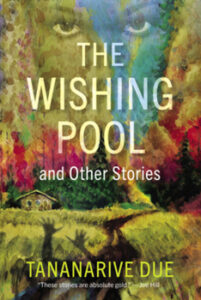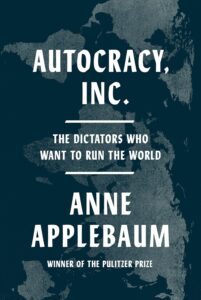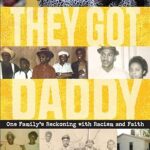(Reviewed by JD Jung)
![]()
“Without Ukraine, Russia is a country; with Ukraine, it’s an empire.”
Without an independent Ukraine we will see an acceleration of authoritarianism. This war is a fight between authoritarianism and democracy. So how did we get here and what do we do to ensure that democracy prevails ? Former Director of European Affairs for the National Security Council, Alexander Vindman provides an extensive look at Ukraine, Russia and U.S. relations in his book, The Folly of Realism: How the West Deceived Itself About Russia and Betrayed Ukraine.
Vindman believes that the US and its allies have enabled the ongoing war in Ukraine. The West has not shown a will to thwart Russian aggression. The U.S. hasn’t understood the complexity of the dynamics and has always prioritized its relations with Russia over that of Ukraine. Vindman analyzes how we got to this point, and how our leaders must change their foreign relation policies.
To further explain this, he provides an in-depth history of Russia and Ukraine from “Kyian Rus” times, the beginning of Eastern Orthodox Church all the way to the USSR, denuclearization of Ukraine, through today. He includes the Orange Revolution, the U.S. soft response to the Russo-Georgian war in 2008, the 2014 invasion of Crimea and the 2022 invasion. This is not an easy read but is essential to understand how we got to this point. His current vision is from his experience working in the region.
He believes that we need to take long term “neo-idealistic” methodology to Ukraine, Russia, and foreign policy in general. This is opposed to the short-term method of “realism”. He explains these approaches thoroughly in this book.
.
The Folly of Realism: How the West Deceived Itself About Russia and Betrayed Ukraine is an essential read for all of us. It enables readers to understand the current crisis in Ukraine and future threats from Russia, as well as from other authoritarian nations.












